In a world-first, scientists achieve quantum teleportation into telecom-band memory using standard fiber-optic tech.
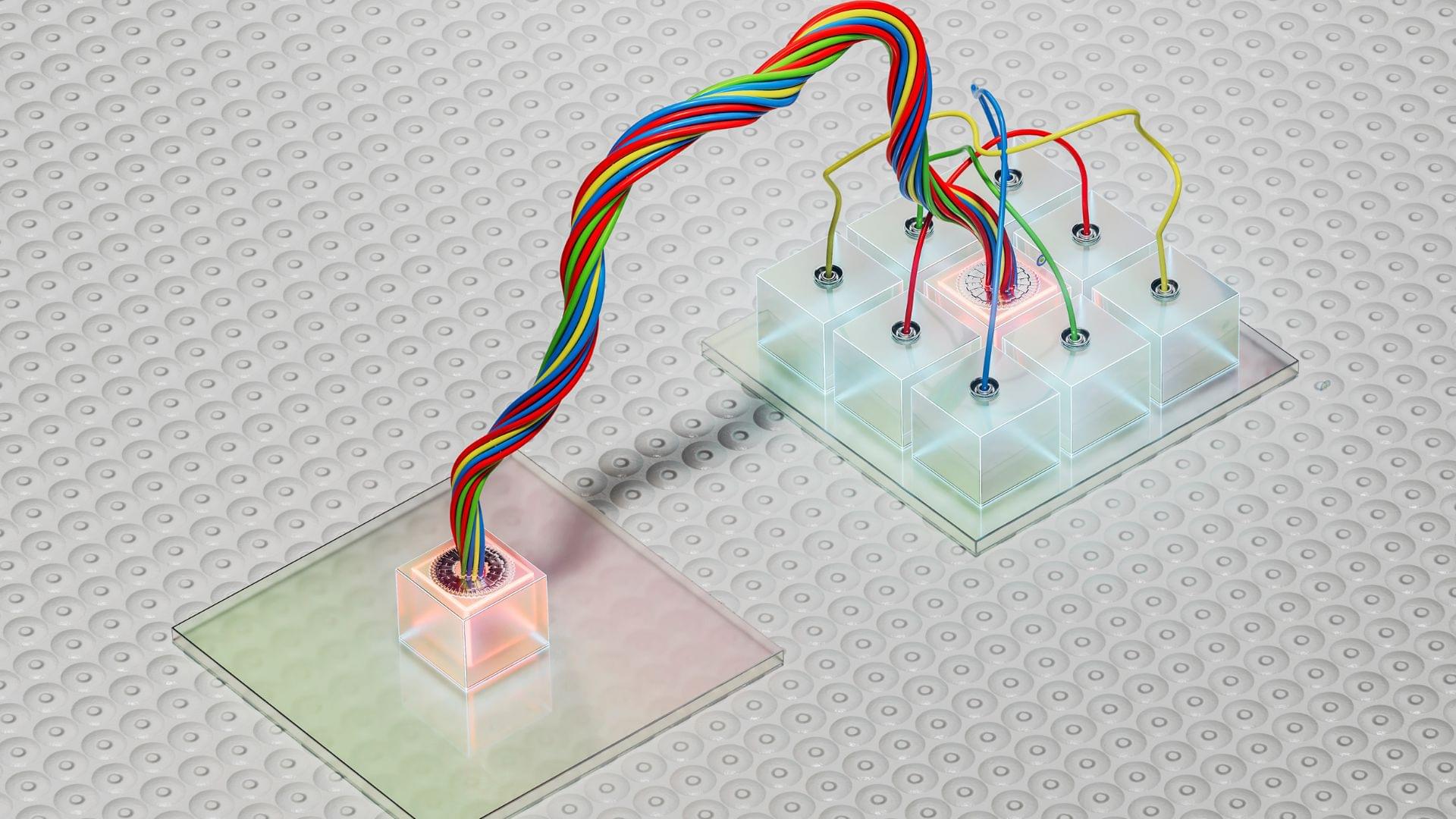

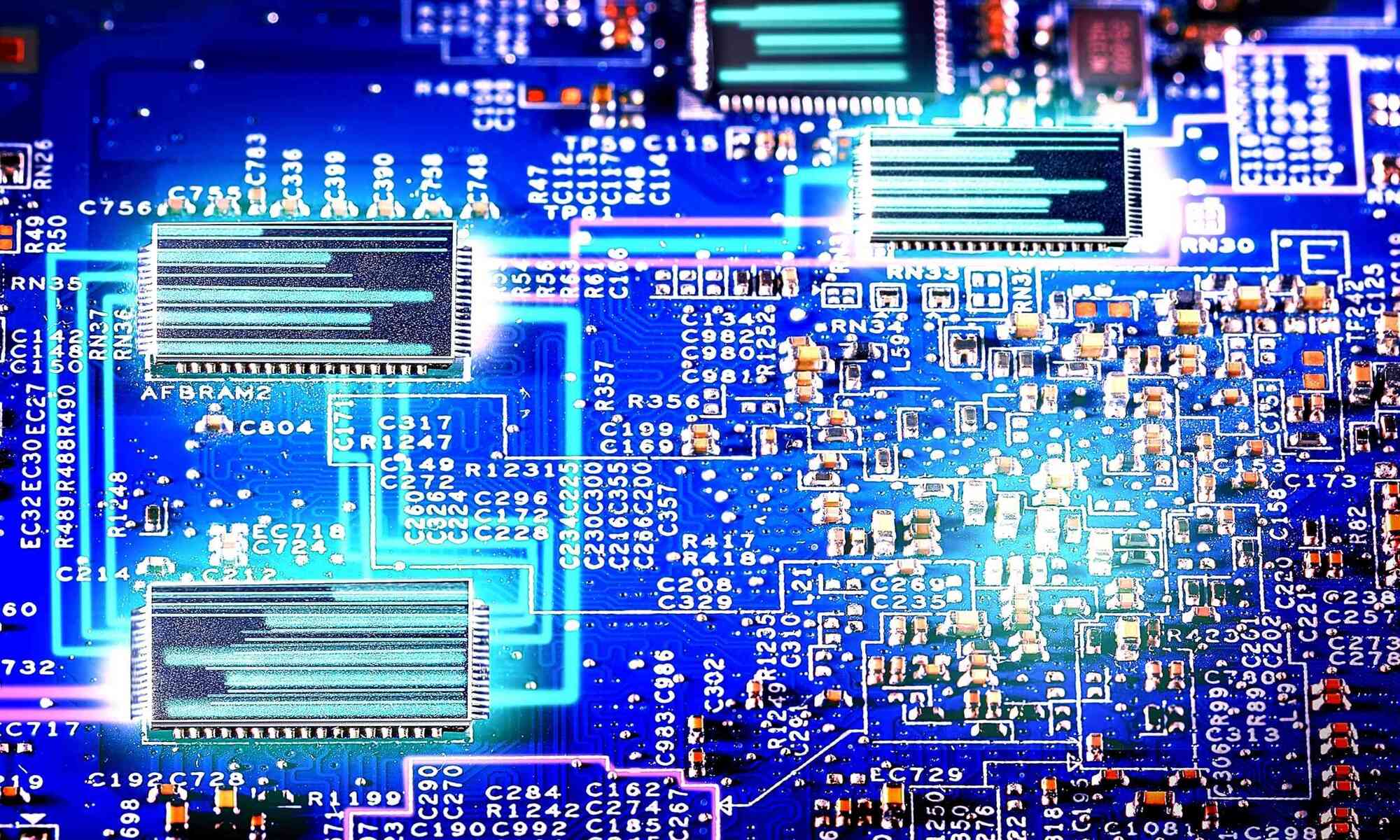
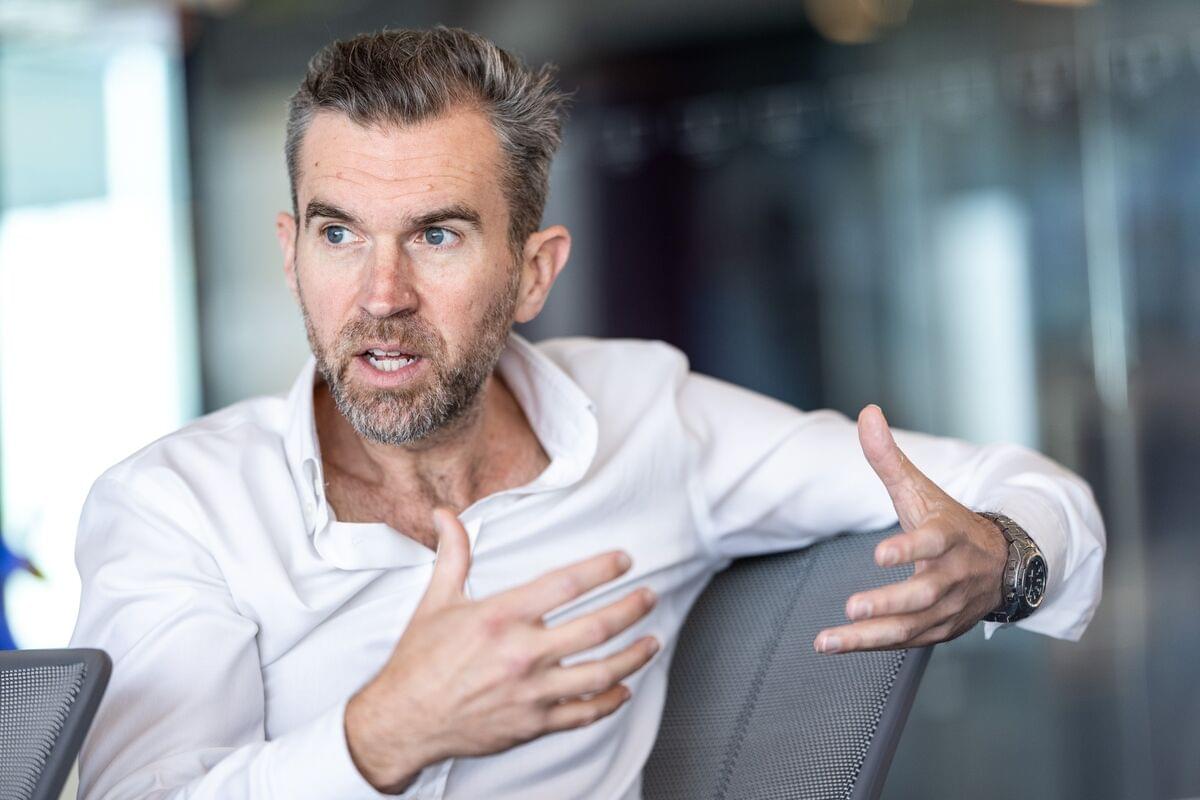
The startup behind Chicago’s more than $1 billion quantum computing deal said operations are expected to start in three years, a win for Illinois Governor JB Pritzker, who backed the investment and is widely seen as a potential presidential candidate.
PsiQuantum Corp. will start construction at the state’s new quantum and microelectronics park in the South Side of Chicago later this year, Chief Executive Officer Jeremy O’Brien said in an interview at Bloomberg’s Chicago office. The supercomputer — one of two utility-scale, fault-tolerant machines the company is building globally — is expected to be online in 2028, he said.
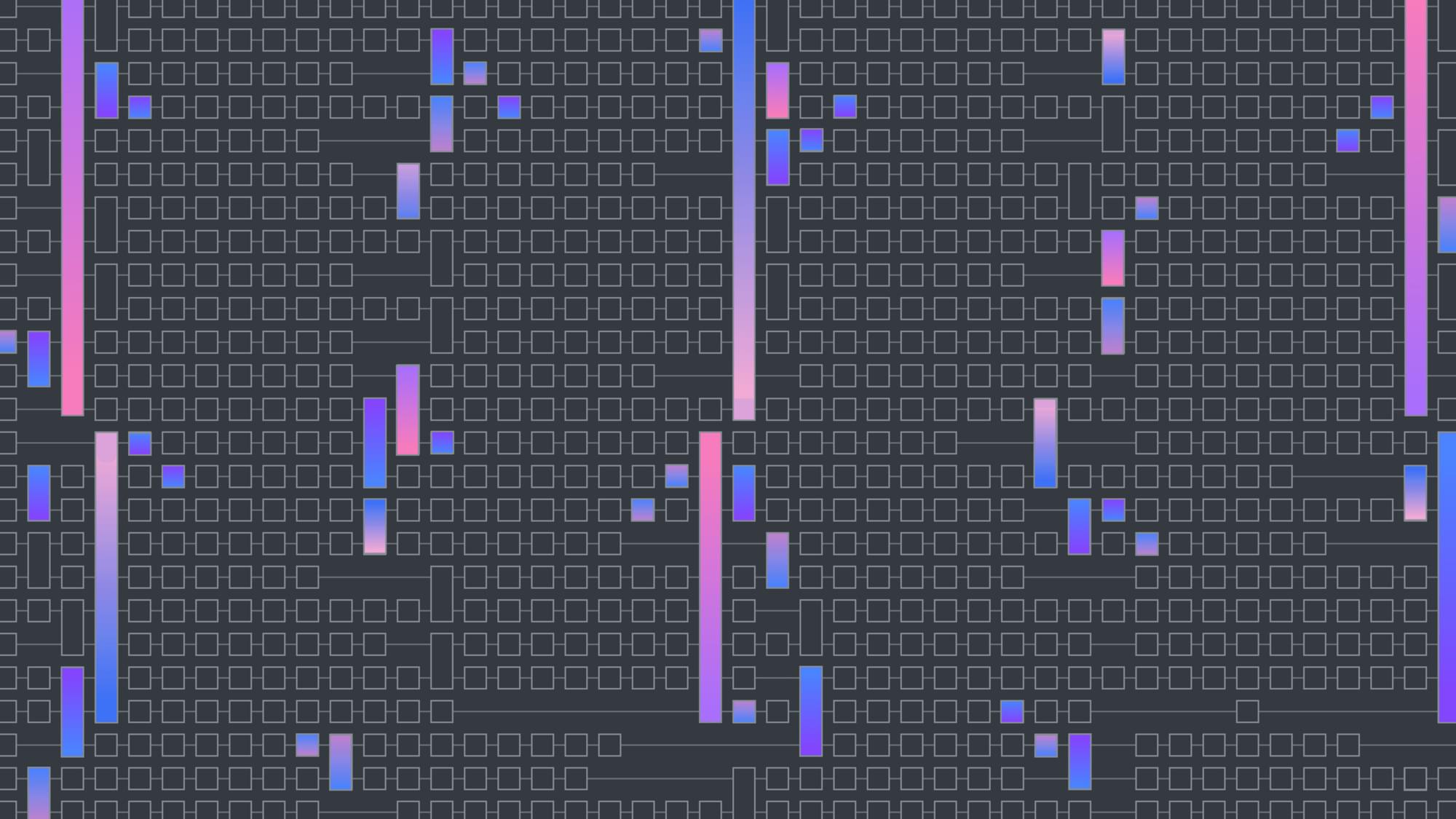
Quantum computing is about to enter an important stage — the era of quantum advantage. The first claims of quantum advantage are emerging, and over the next few years, we expect researchers and developers to continue presenting compelling hypotheses for quantum advantages. In turn, the broader community will either disprove these hypotheses with cutting-edge techniques — or the advantage holds.
Put simply, quantum advantage means that a quantum computer can run a computation more accurately, cheaply, or efficiently than a classical computer. Between now and the end of 2026, we predict that the quantum community will have uncovered the first quantum advantages. But there’s more to it than that.
We have arrived already at a place where quantum computing is a useful scientific tool capable of performing computations that even the best exact classical algorithms can’t. We and our partners are already conducting a range of experiments on quantum computers that are competitive with the leading classical approximation methods. At the same time, computing researchers are testing advantage claims with innovative new classical approaches.

The world’s finest collection of Flight Jackets, Aviation Baseball Caps, Aviator Sunglasses, Vintage Aviation T-shirts, Aviator Watches, Aviation Decals, Squadron Decals, Military Aircraft Markings and Aviation Collectables. Presenting the Sierra Hotel Aeronautics Pilot Shop and Pilot Supply Co. The Best of the Best!
The Electric Viking
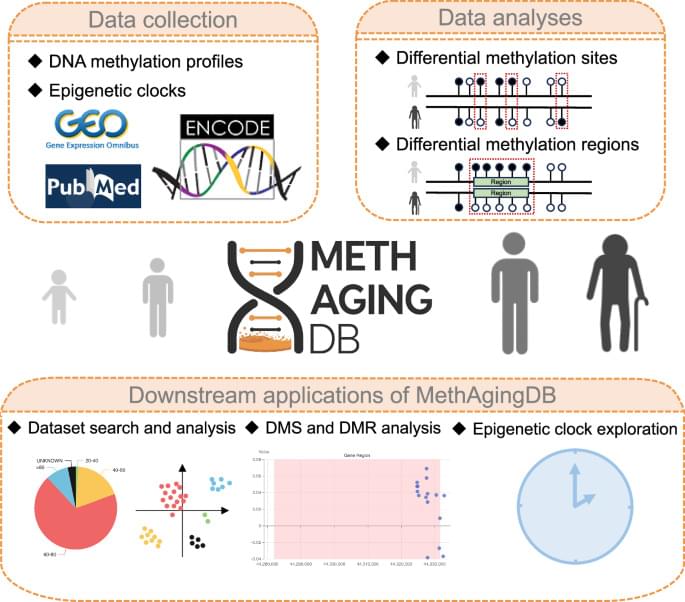
Scientific Data — MethAgingDB: a comprehensive DNA methylation database for aging biology. MethAgingDB includes 93 datasets, with 11,474 profiles from 13 distinct human tissues and 1,361 profiles from 9 distinct mouse tissues. The database provides preprocessed DNA methylation data in a consistent matrix format, along with tissue-specific DMSs and DMRs, gene-centric aging insights, and an extensive collection of epigenetic clocks. Together, MethAgingDB is expected to streamline aging-related epigenetic research and support the development of robust, biologically informed aging biomarkers.
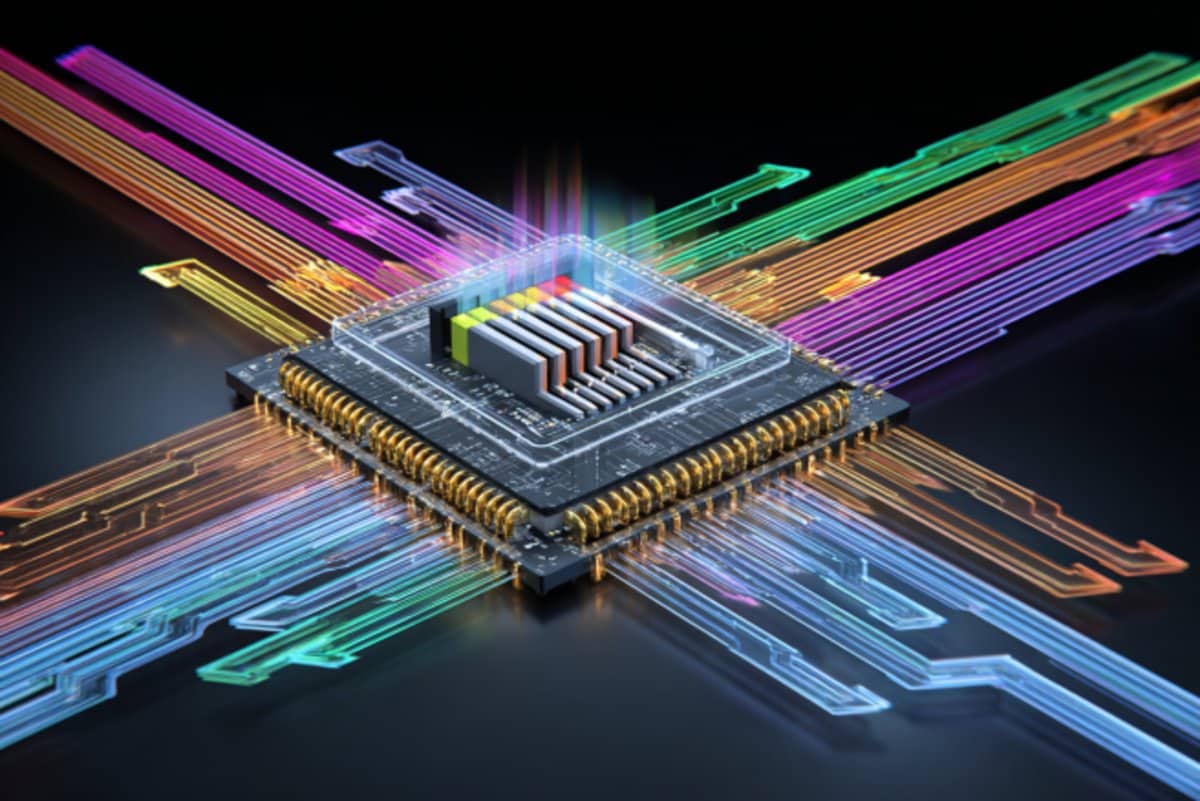

A four-day work week can lead to happier and more productive, dedicated employees, a new global study found.
Workers at companies that instituted a four-day work week—essentially working 80% of their regular hours for the same pay—reported less burnout and better job satisfaction along with improved mental and physical health, researchers report in Nature Human Behavior.
“Across outcomes, the magnitude (of improvement) is larger for the two work-related measures—burnout and job satisfaction—followed by mental health, with the smallest changes reported in physical health,” wrote the research team co-led by Juliet Schor, an economist and sociologist at Boston College.
